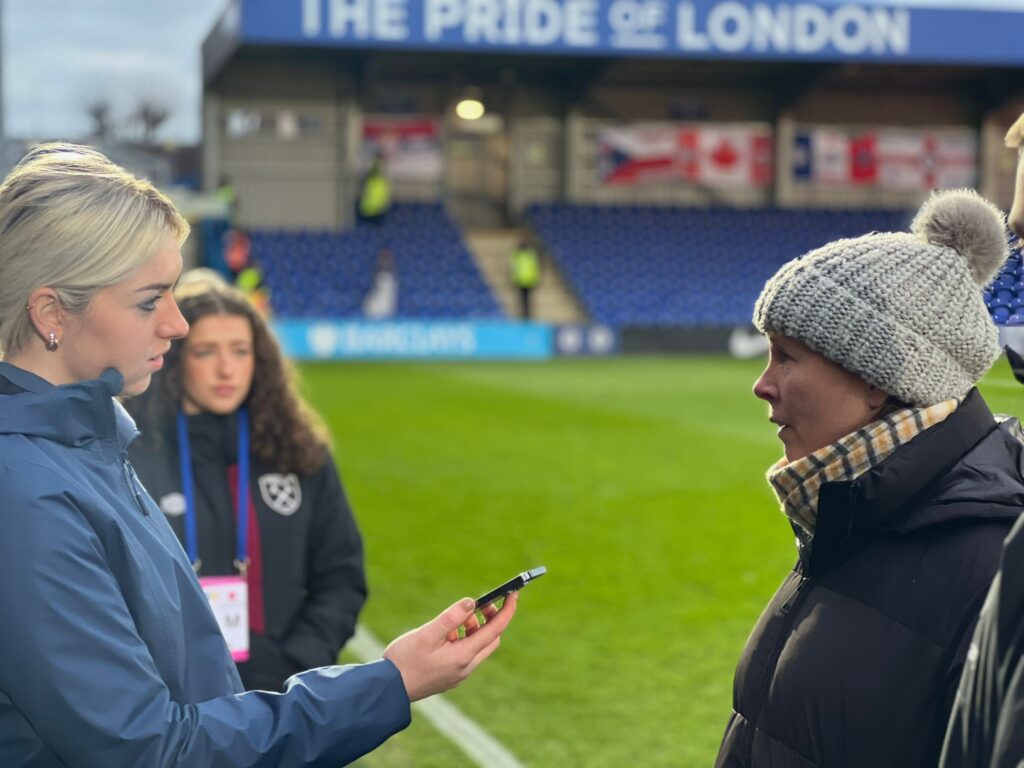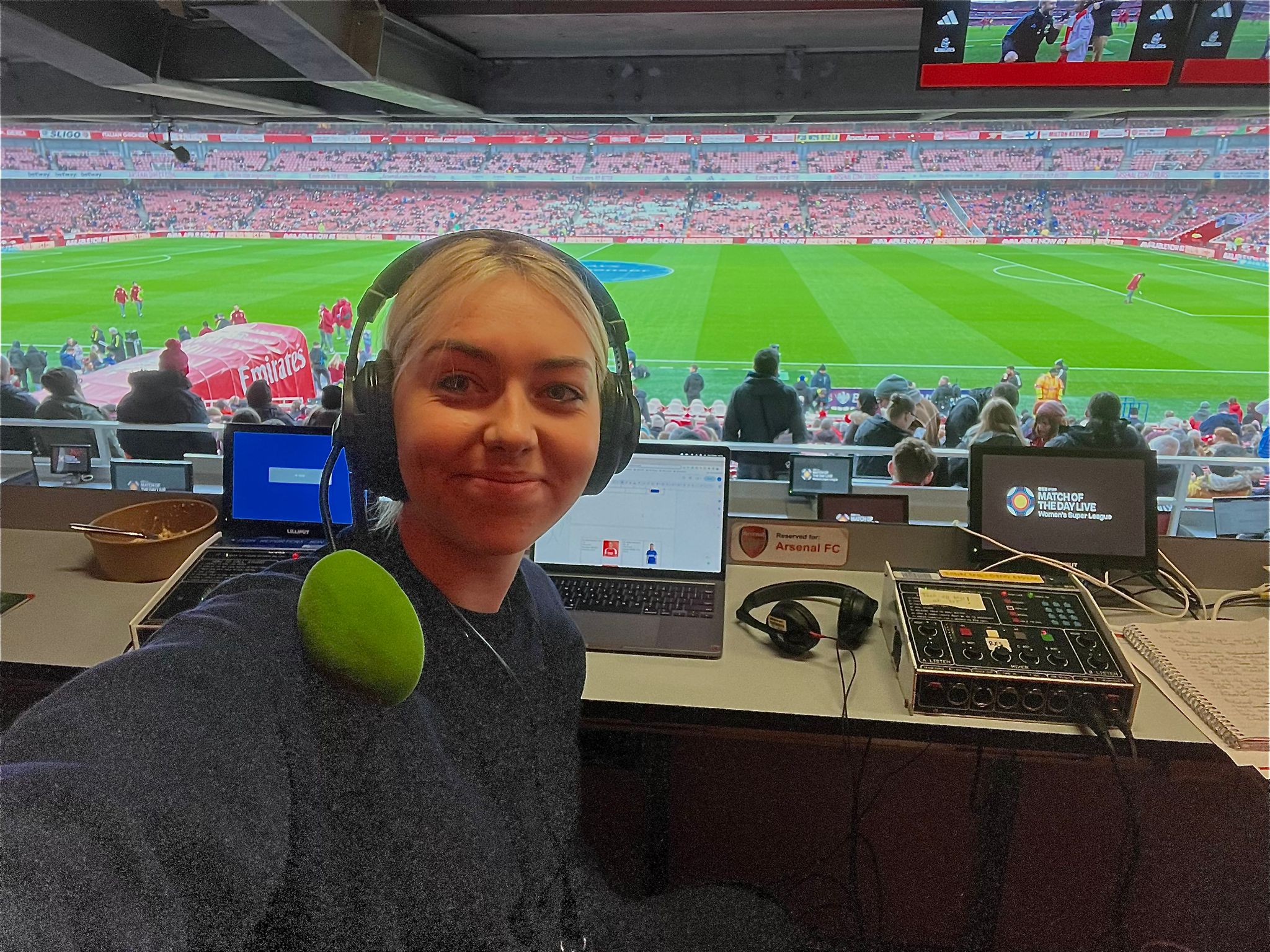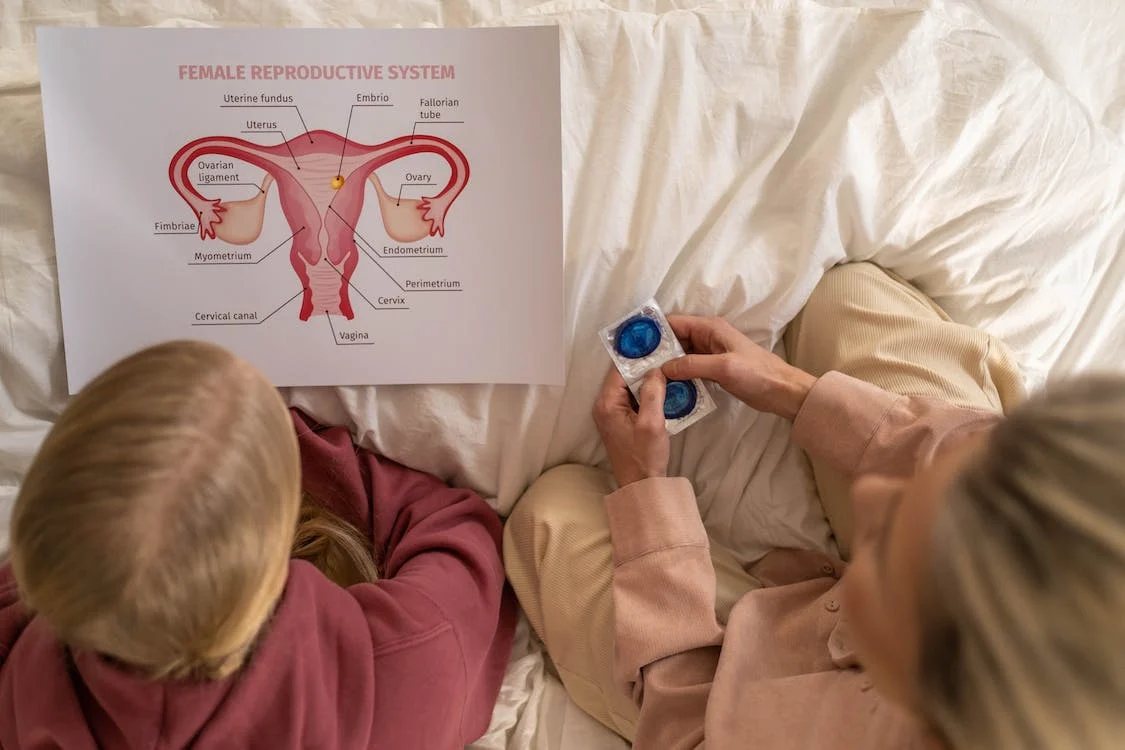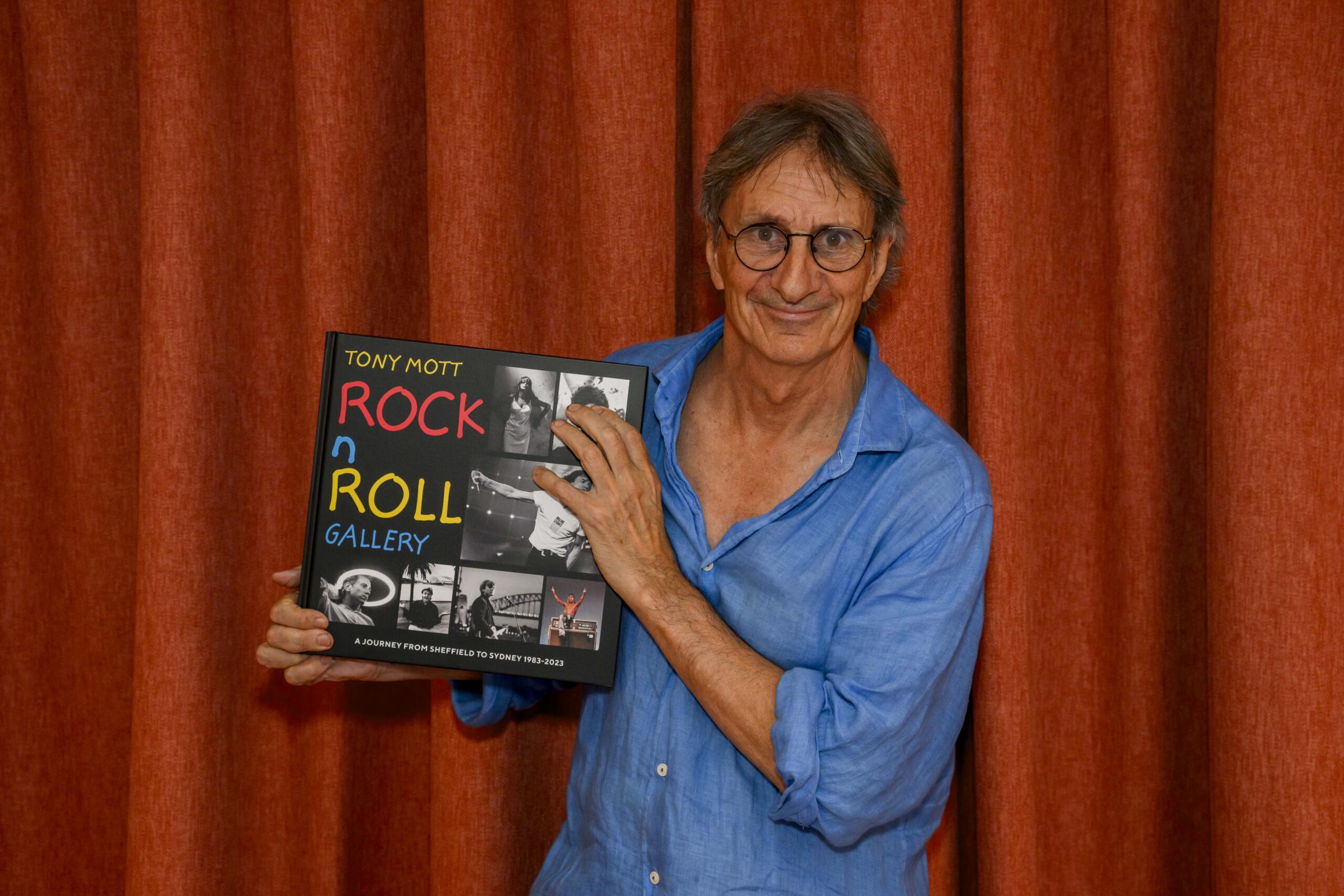A BBC freelance football reporter has spoken out about the sexist comments made by controversial ex-footballer, Joey Barton, claiming ‘you can’t really escape’ the abuse.
In a string of posts on X (formerly Twitter) in January, Barton stated “women shouldn’t be talking with any kind of authority” on the football, and that he “cannot take a thing they say serious”.
The comments which were widely condemned, led to an outpouring of support for the people Barton attacked.
Emily Herbert is a radio reporter who covers both men’s and women’s football for the BBC. She told SheffieldWire: “When I first saw the posts, it was a bit of a shock, because not many people have as extreme an opinion as he does. I don’t follow him, but he sometimes comes up on Twitter. You can’t really escape it.
“He has no idea what kind of impact he’s having on young female journalists coming through, or even established journalists like [former England player turned pundit] Eni Aluko.”
On X, Barton compared Aluko to serial killer Rose West, and later Joseph Stalin and Pol Pot, claiming she had “murdered hundreds of thousands if not millions of football fans’ ears in the last few years”.
Although Herbert has not experienced direct sexist abuse online, she believes the attitudes she is seeing on social media mean it’s only be a matter of time, as misogyny is so deeply ingrained in the football media landscape.
The journalist recalled experiences with some male managers who would offer the best jobs to male reporters, even though she had more insight and knowledge on the subject.
They would also criticise her work, whereas male colleagues would not receive the same treatment, but would be praised instead.

A recent survey by the University of Strathclyde found female football journalists were frequently victims of misogynistic abuse and were generally paid less than their male counterparts.
Herbert also highlighted the differences between how she was treated when covering men’s games compared to women’s games. “I’m definitely treated like I have to explain myself more in men’s football – I have to give stronger opinions and back them up more than I do in women’s football.
“In the press box, it’s very clique-y as well. I’m often the only woman in the press box for a game, and that’s not nice. You definitely get looks when you walk in.”
Only five per cent of members of the Sports Journalists’ Association and four per cent of members of the Football Writers’ Association are female.
Herbert reiterated that attitudes needed to change with the times. She said: “The prominence of the women’s game is new, and I don’t think people know how to deal with that. There needs to be some sort of re-education, because the game is changing.”




